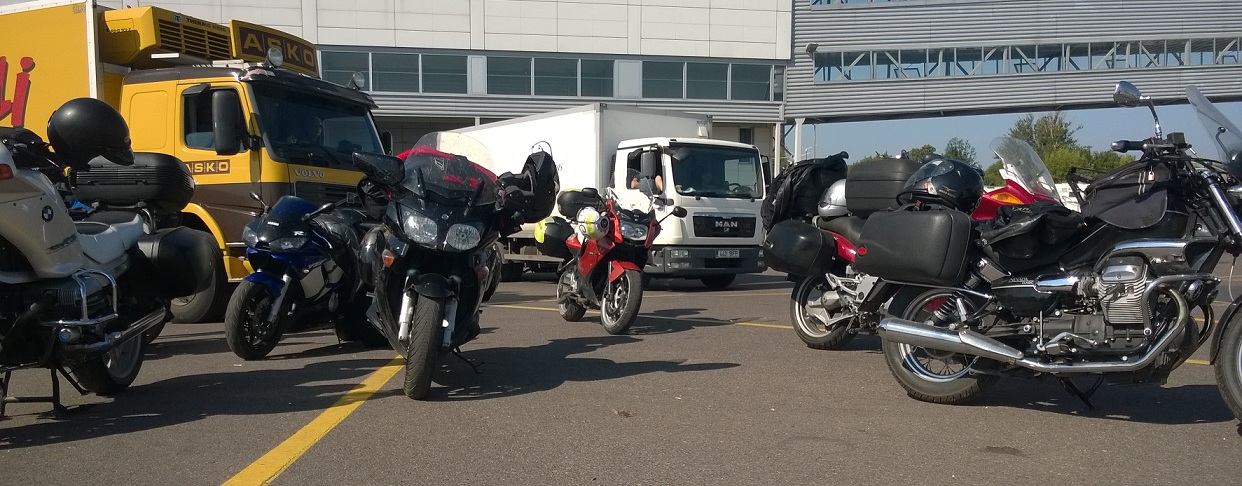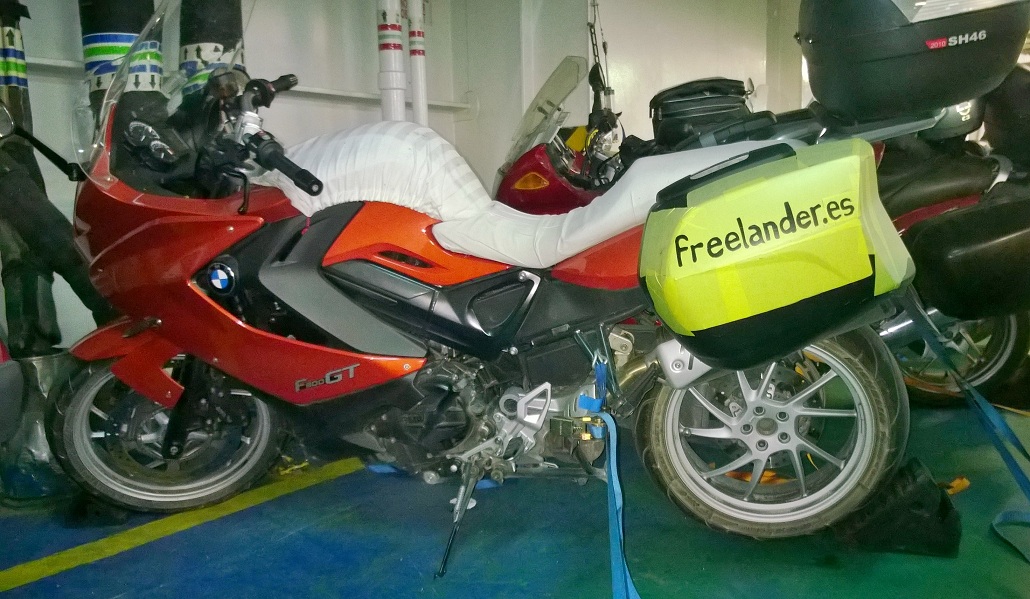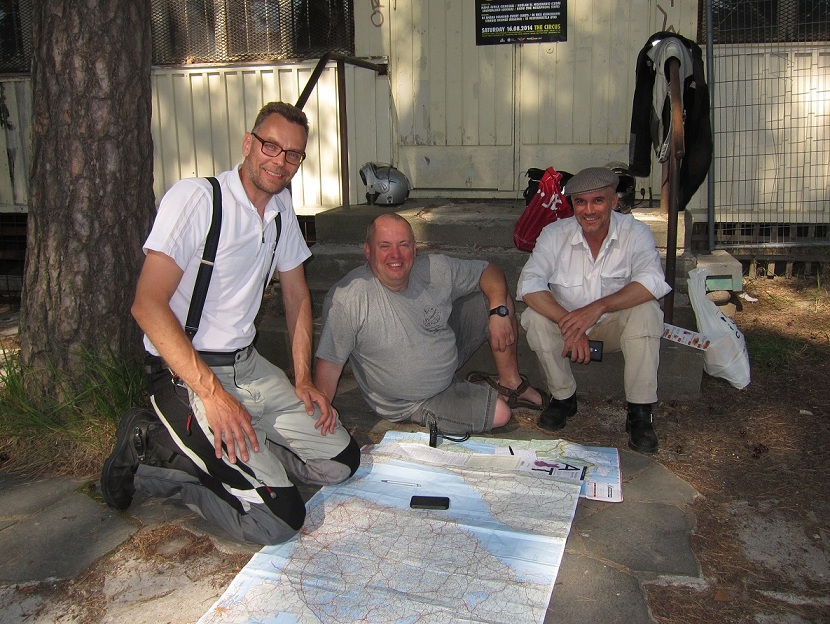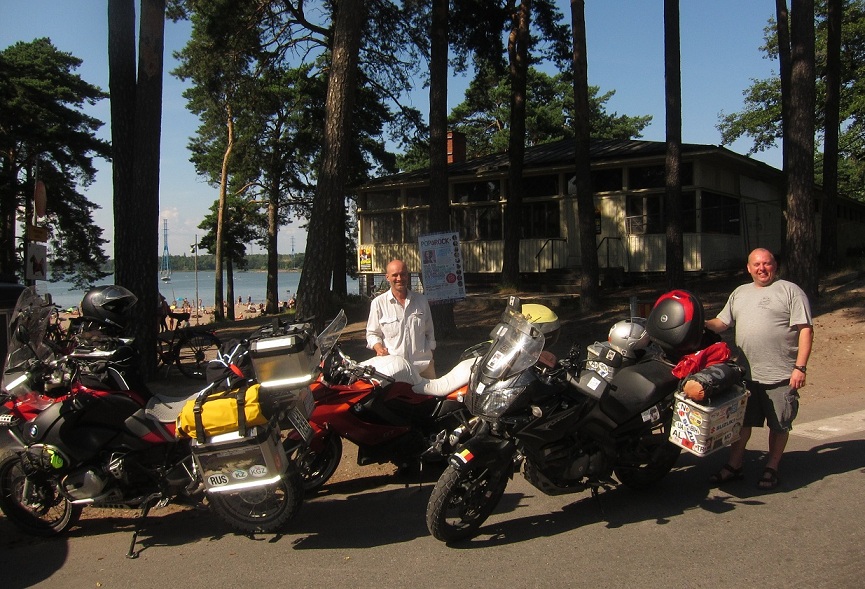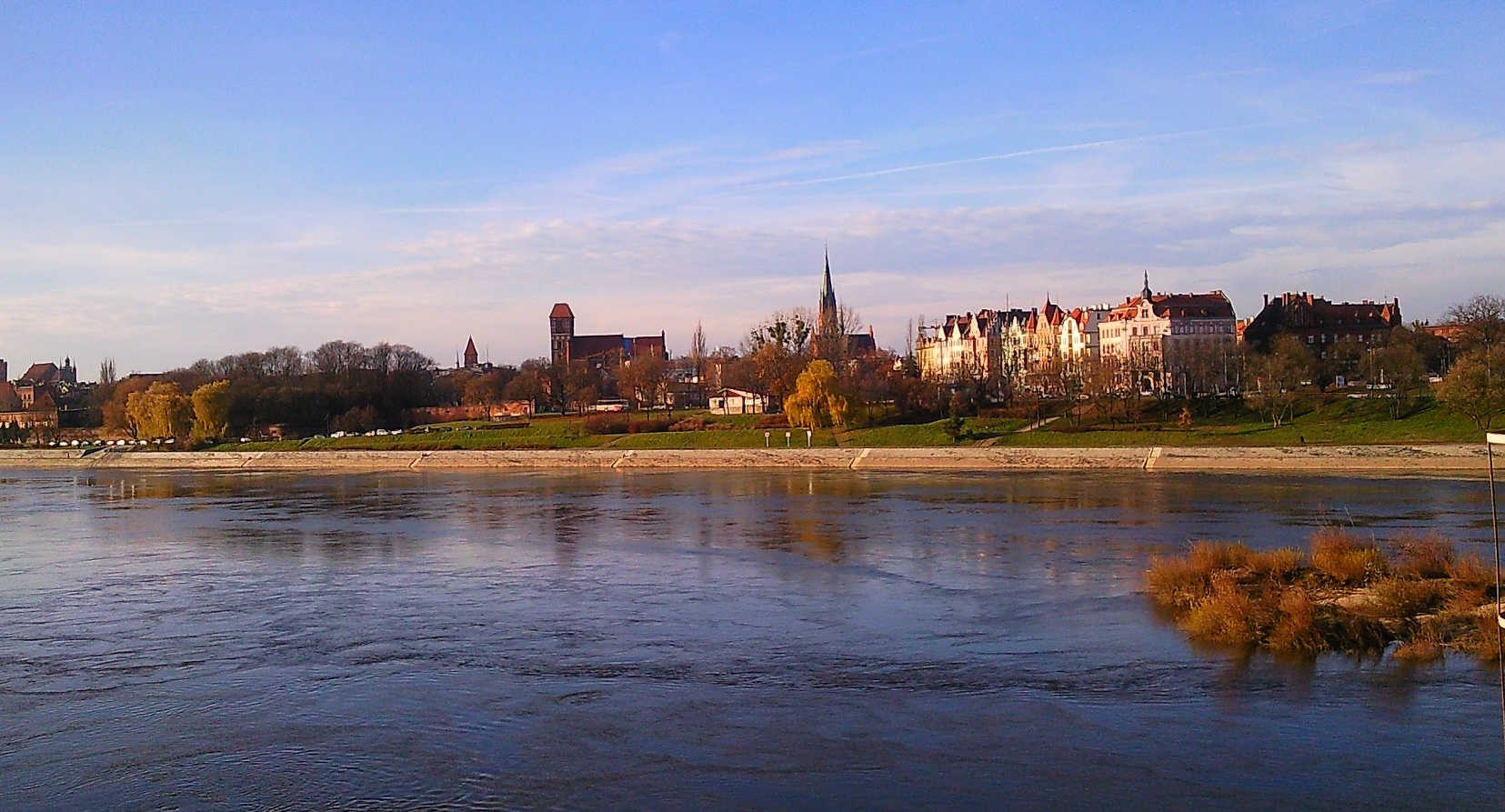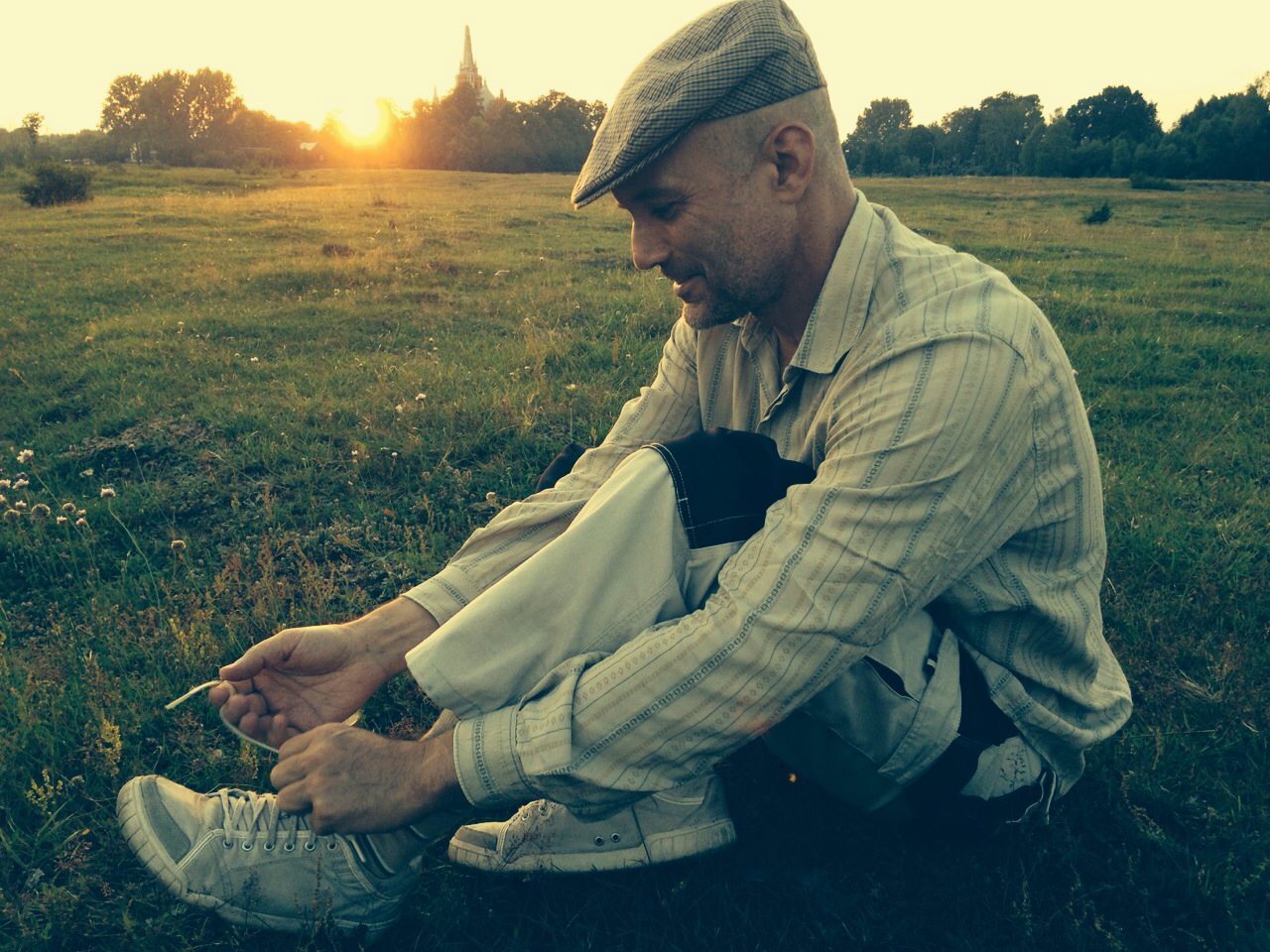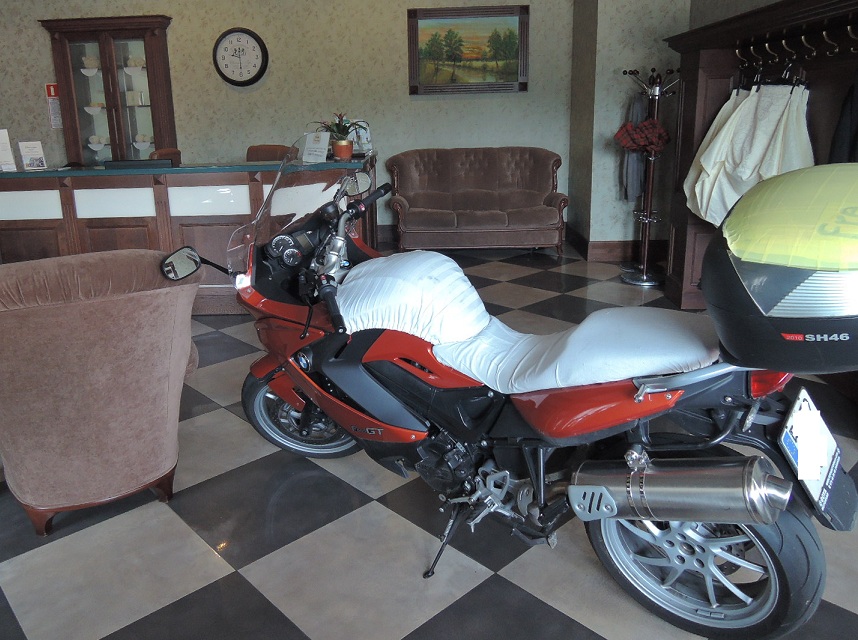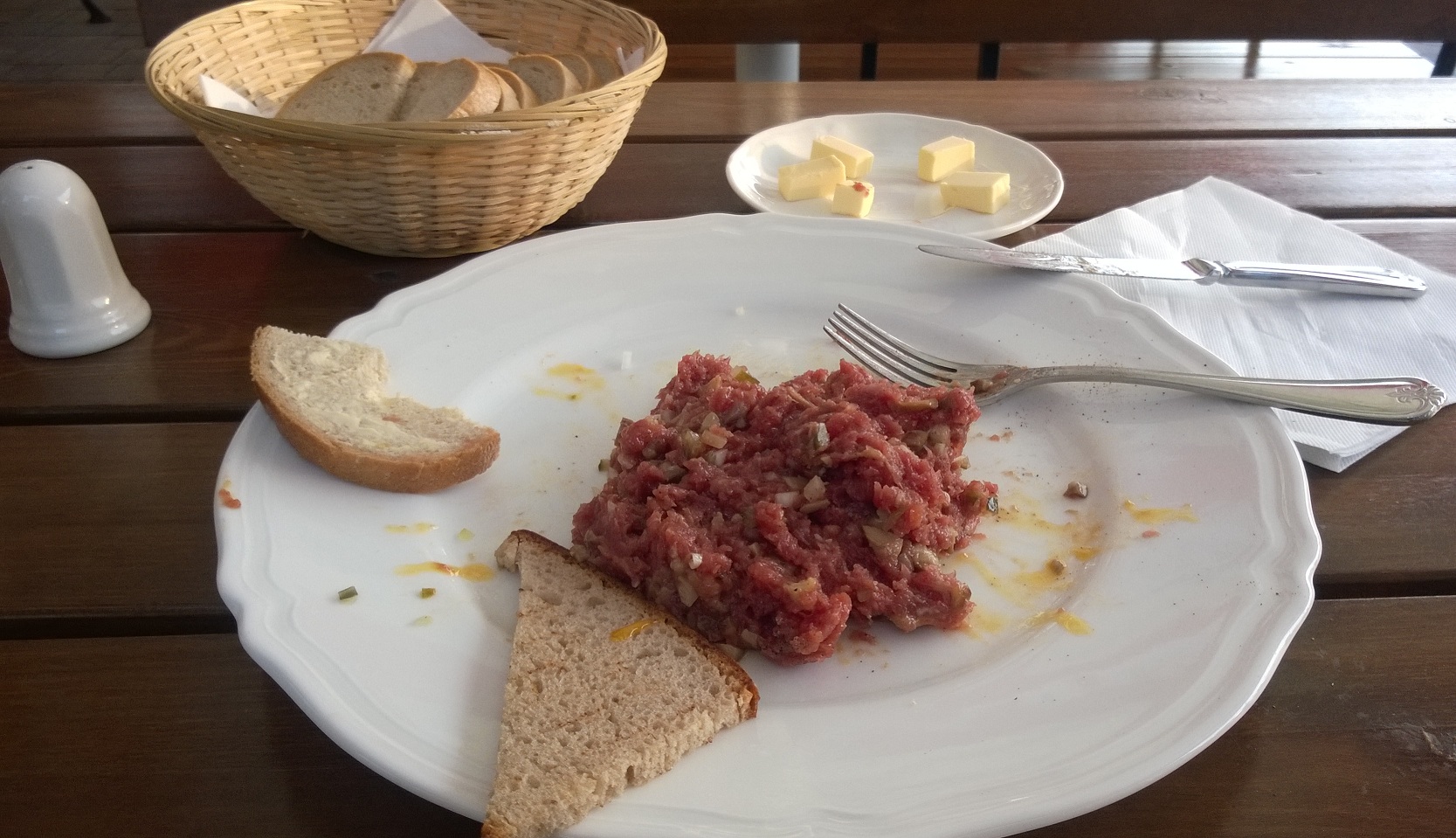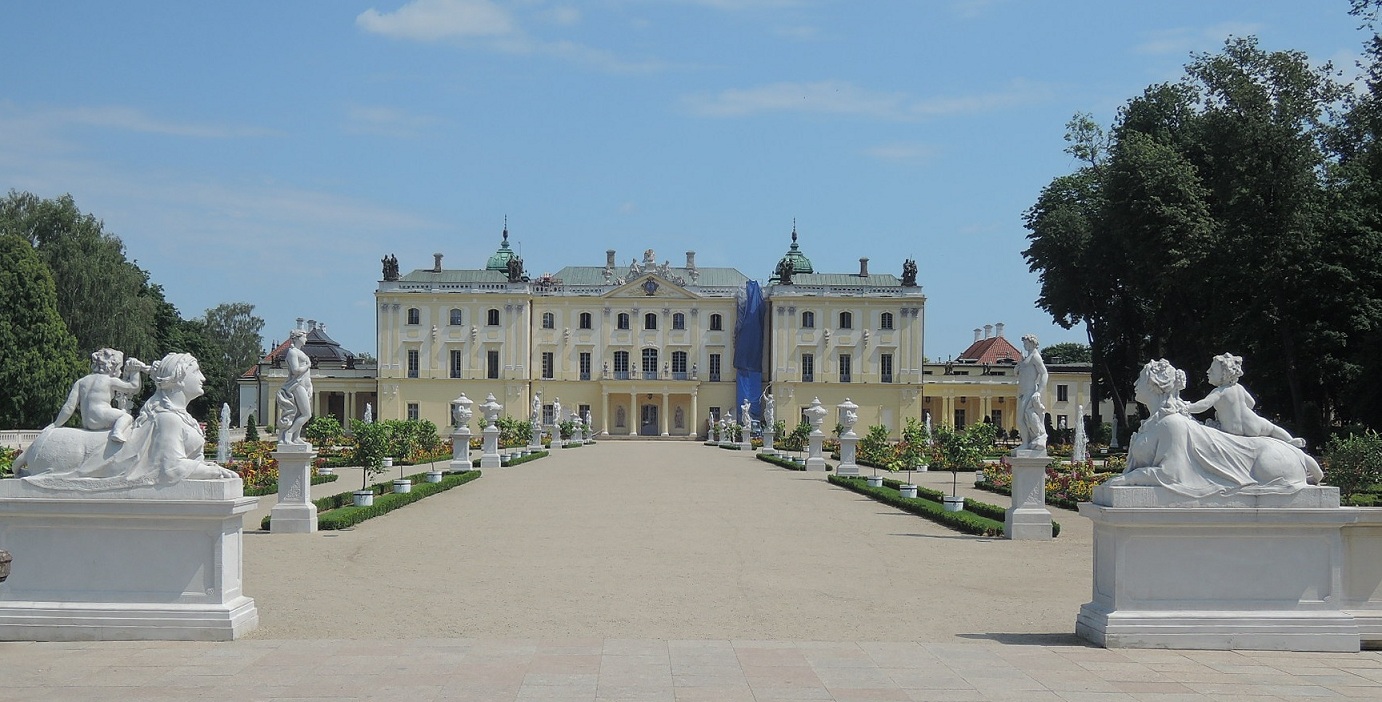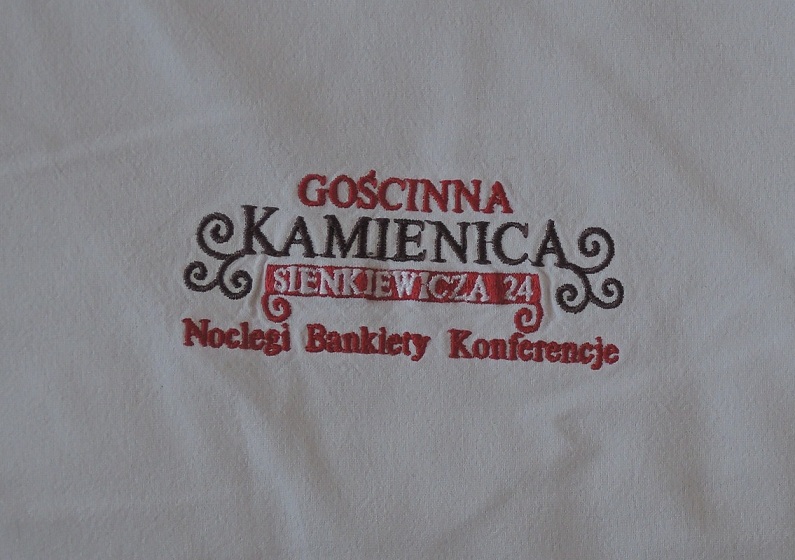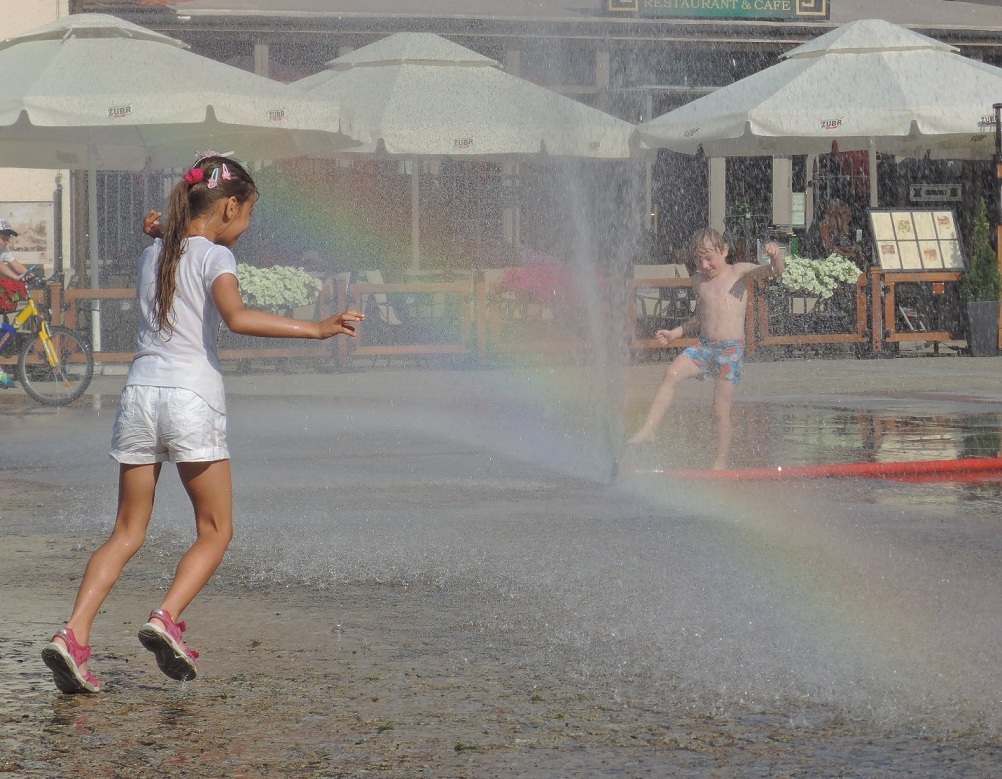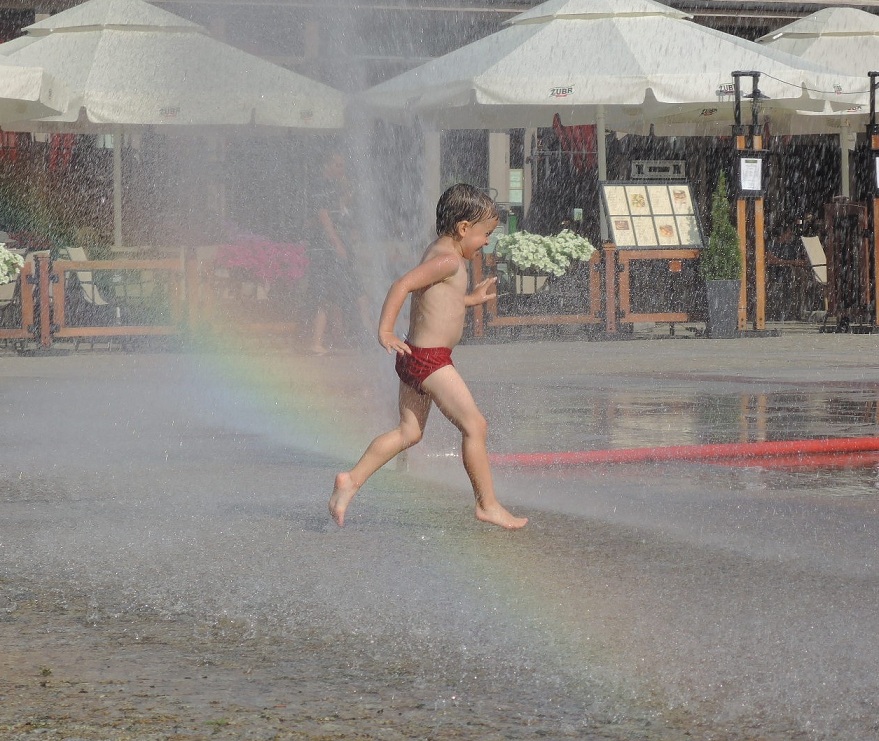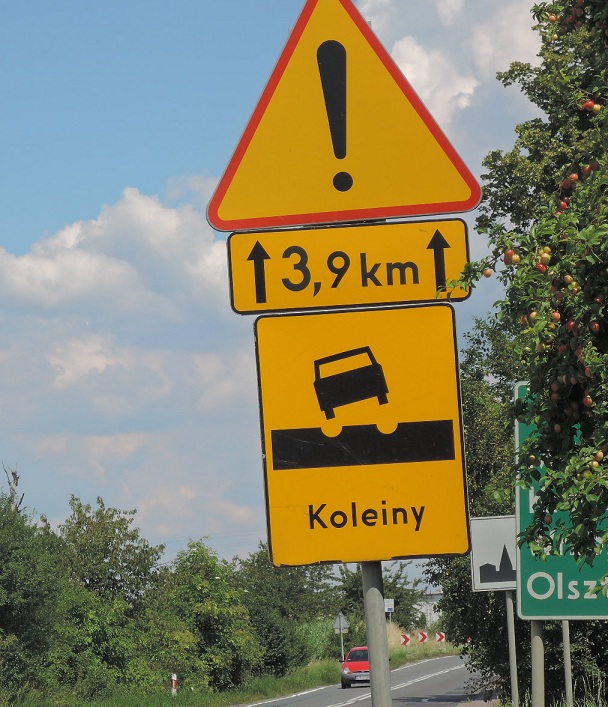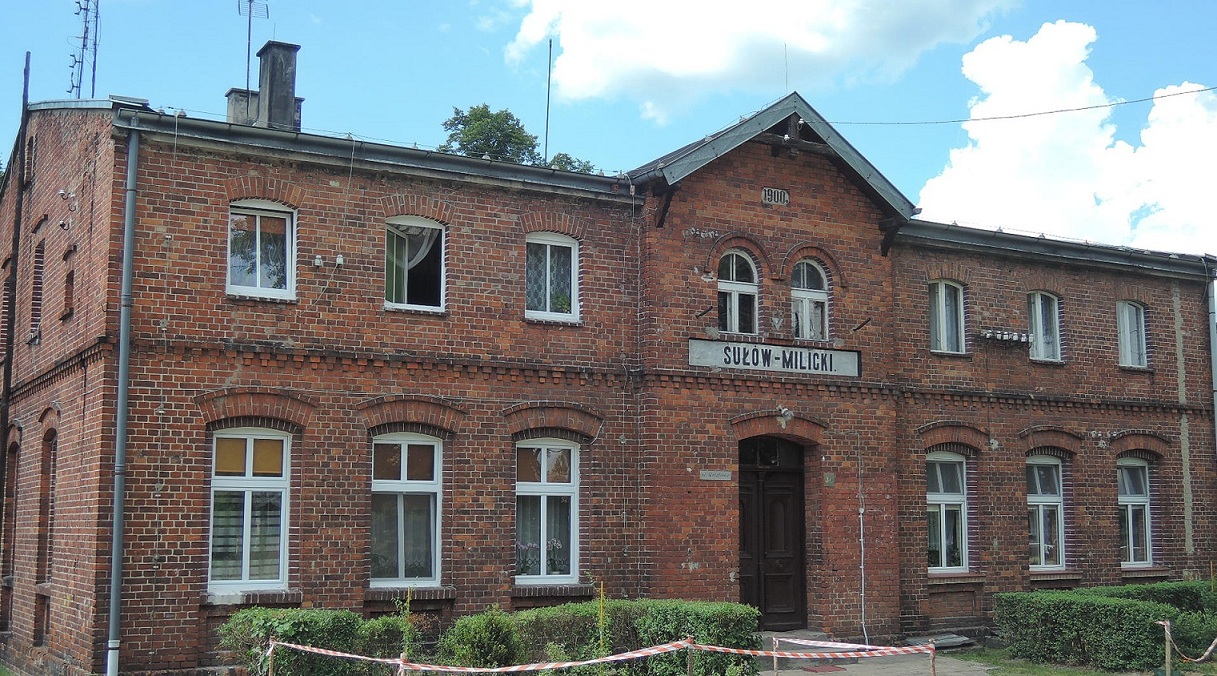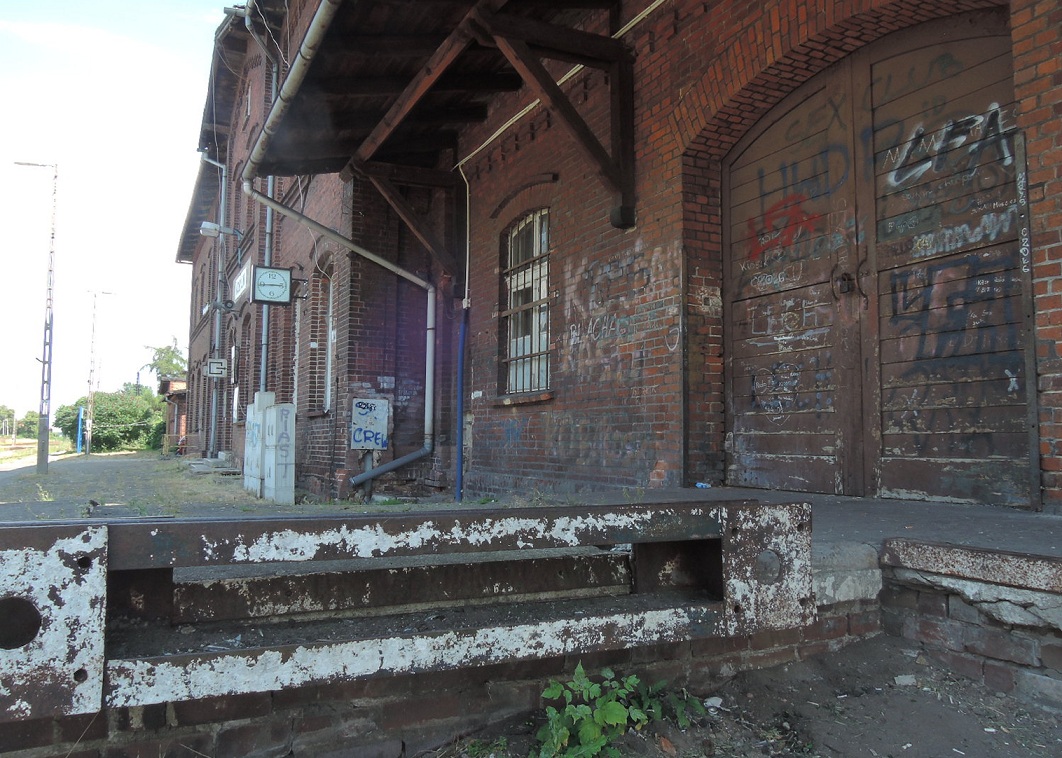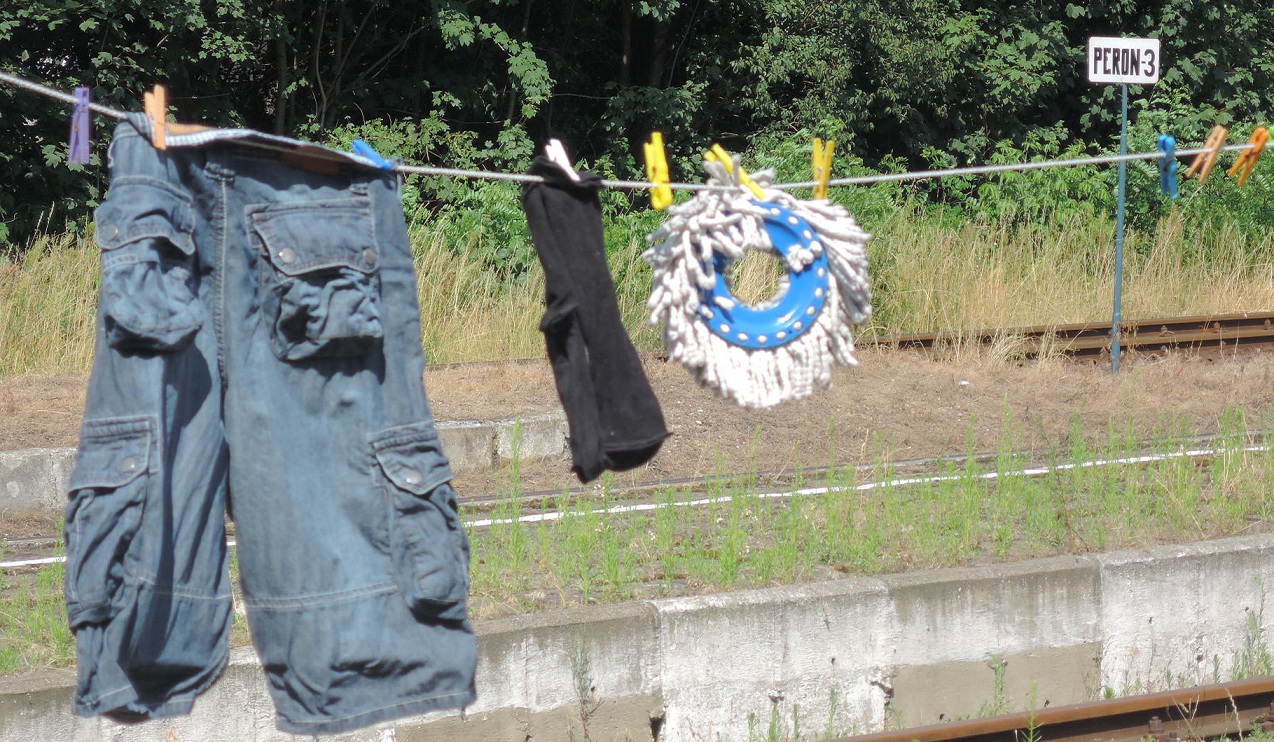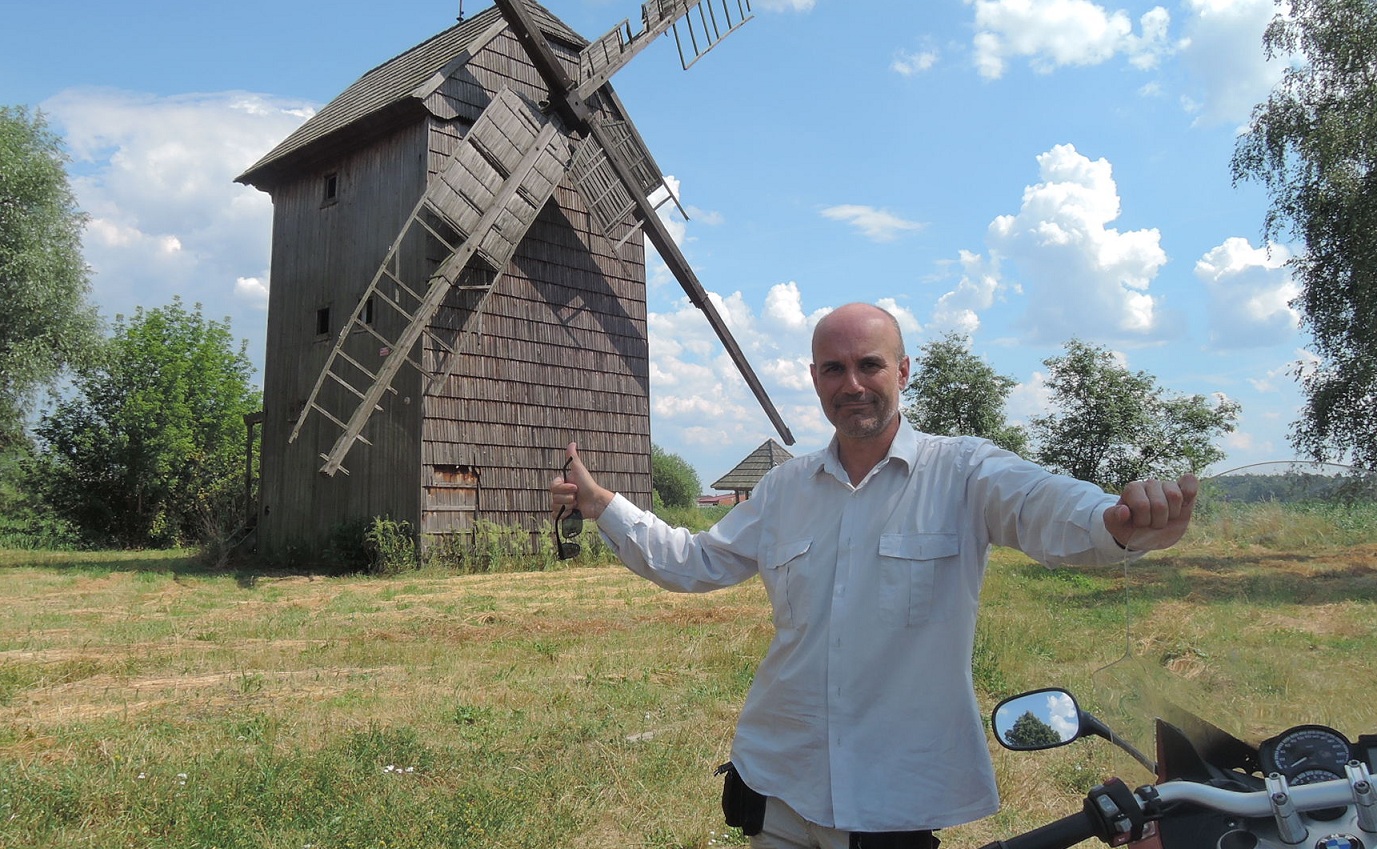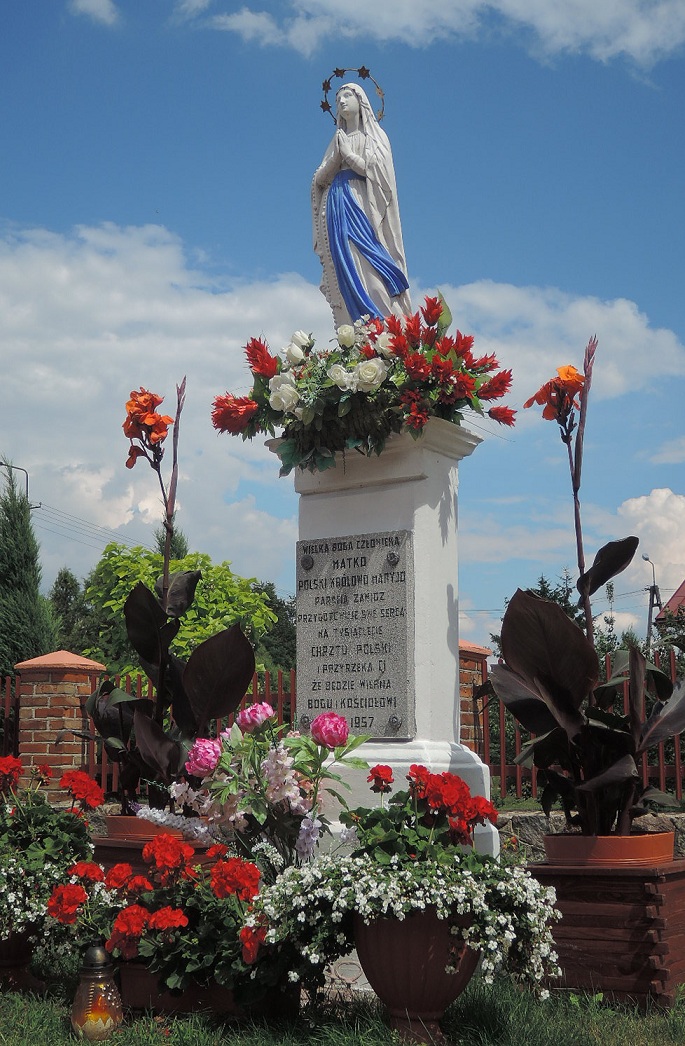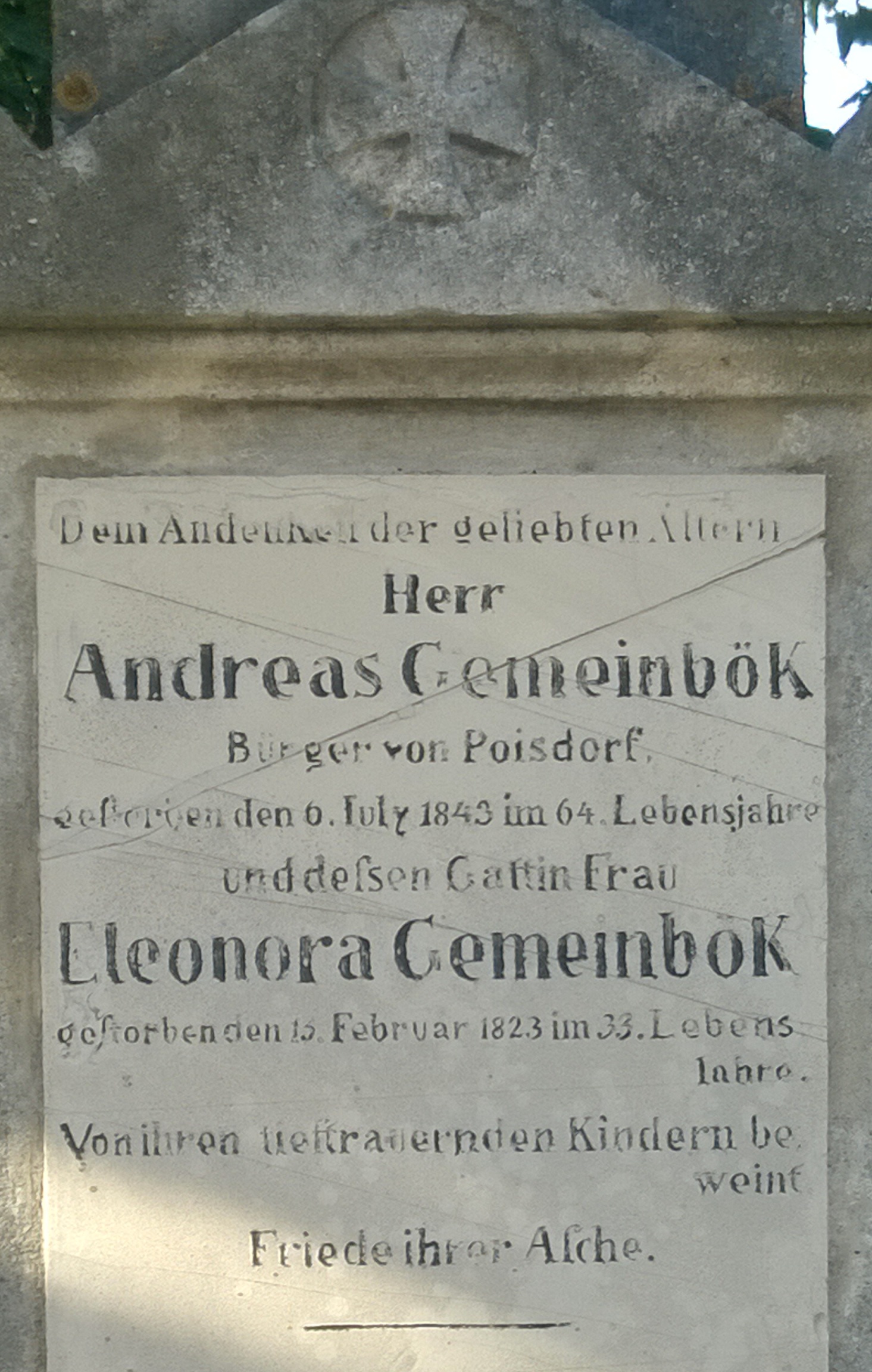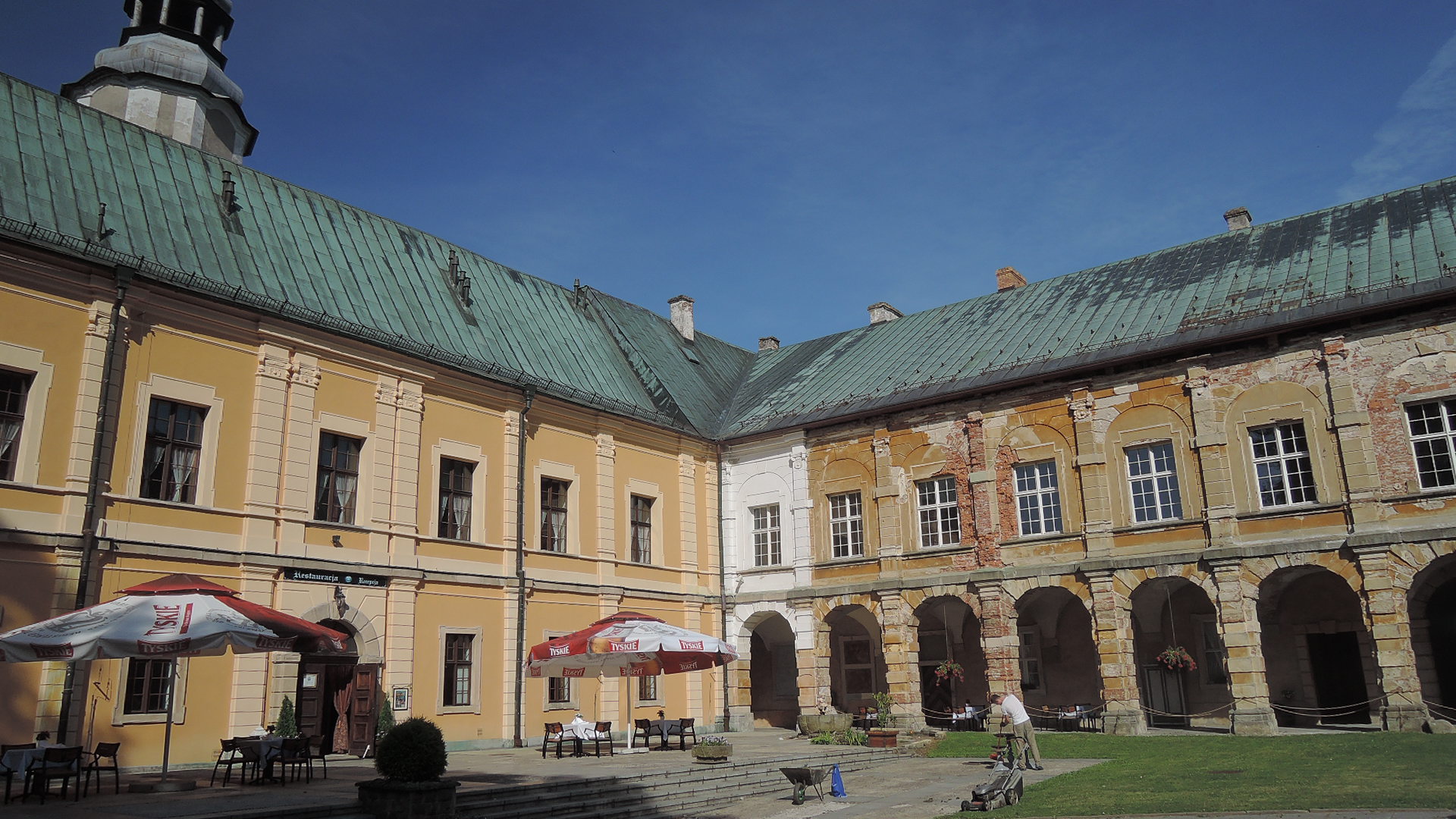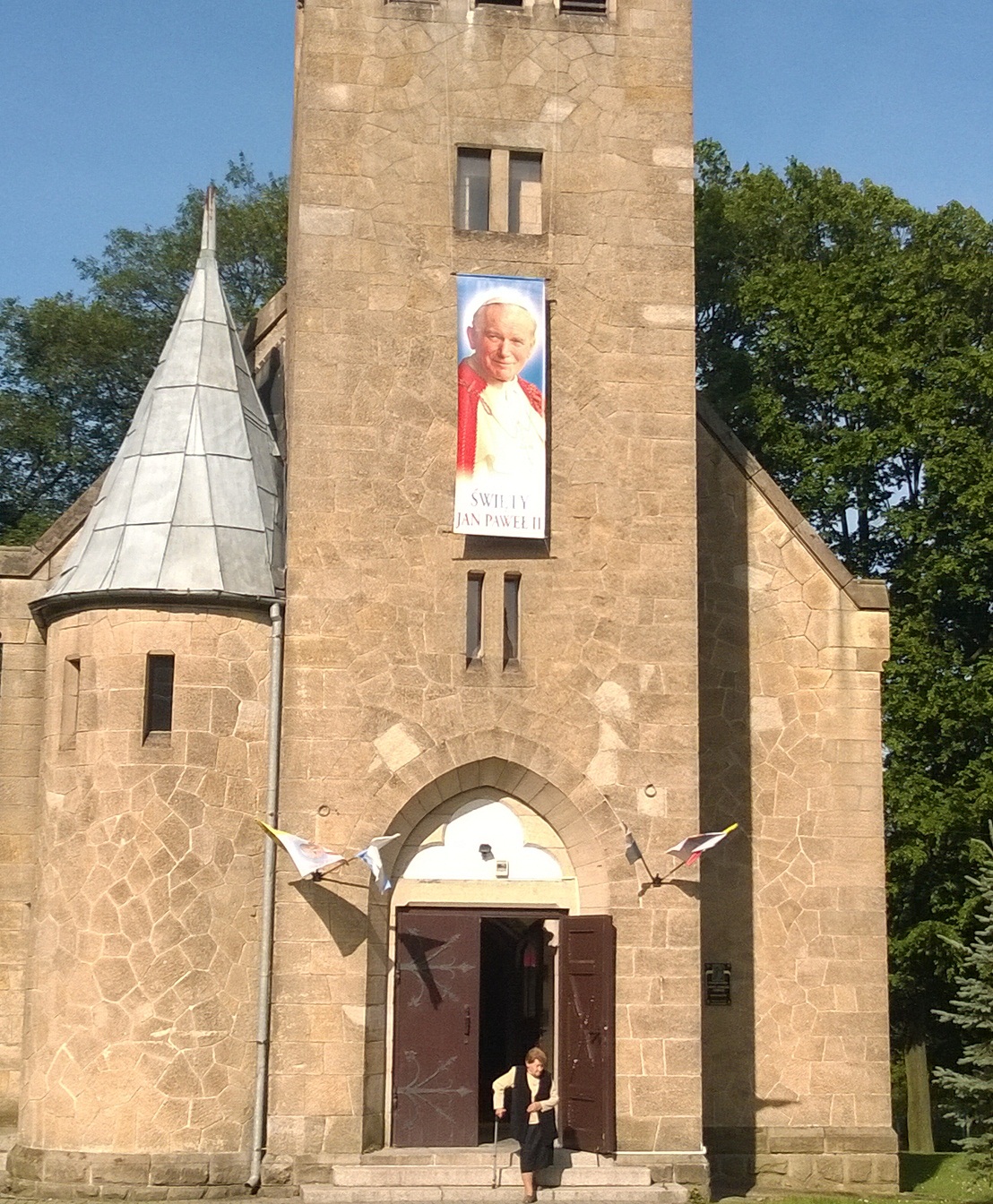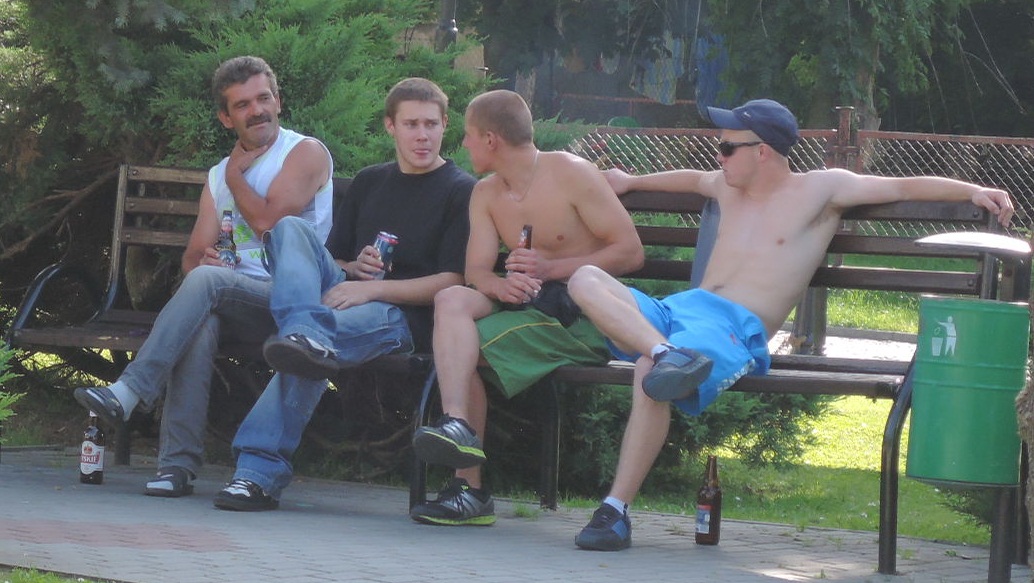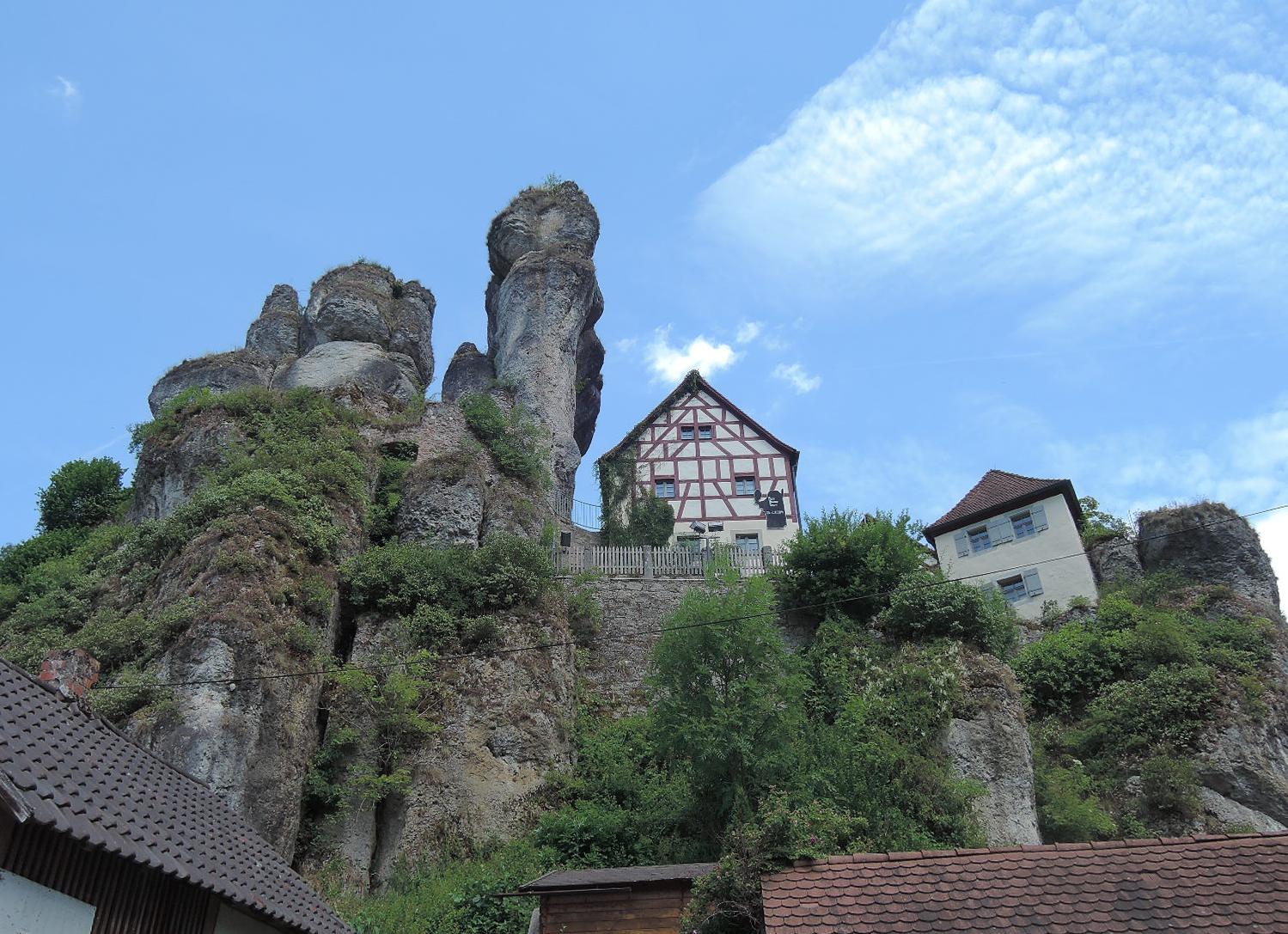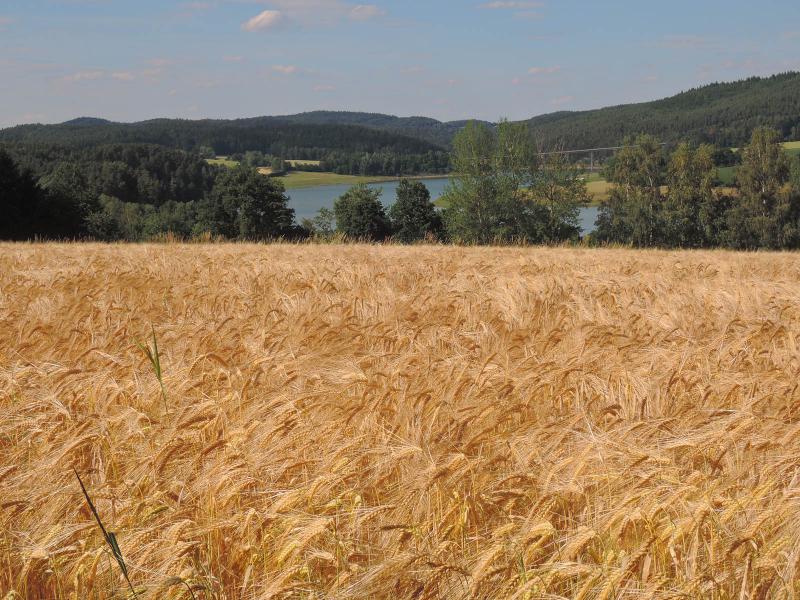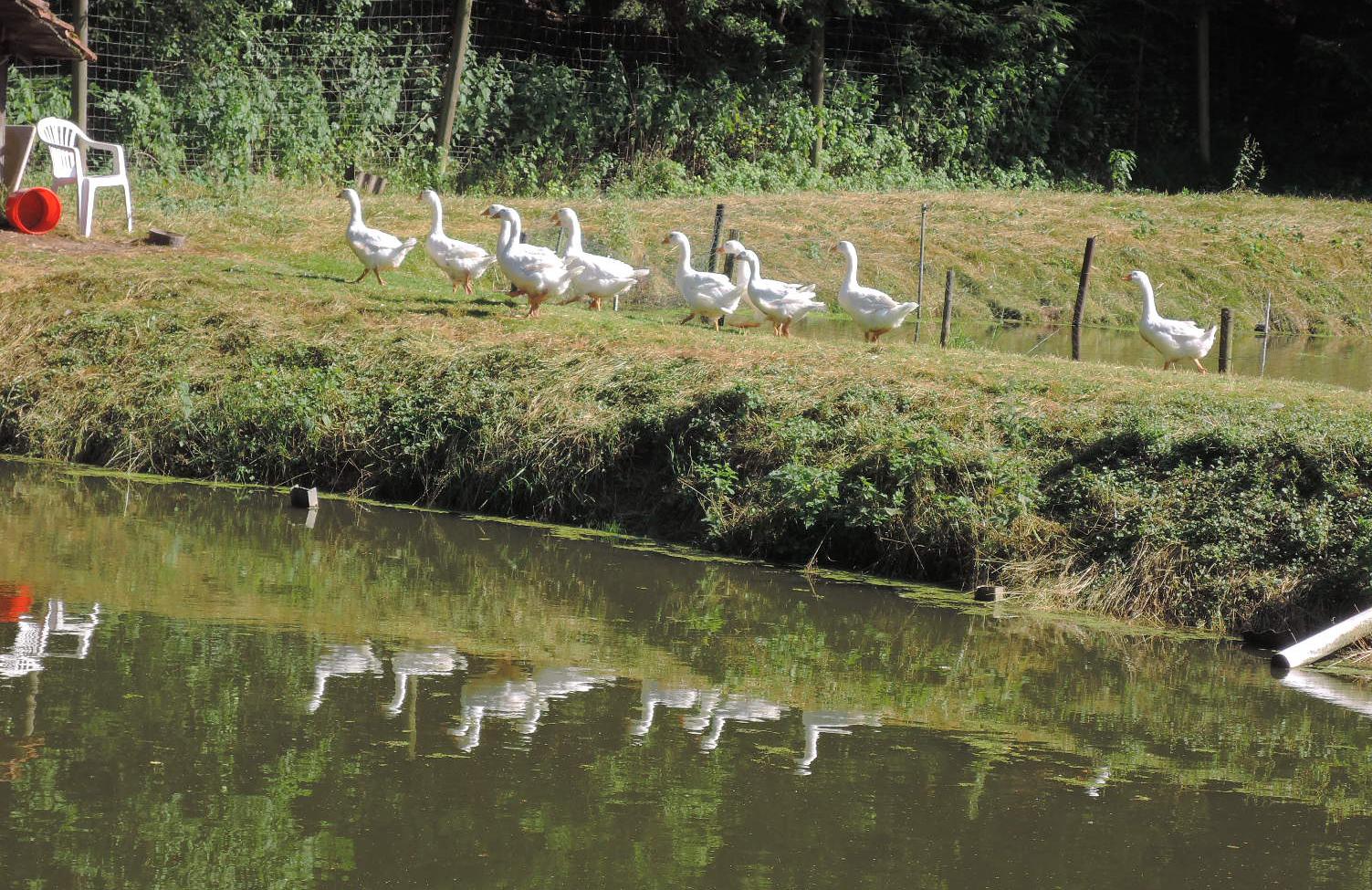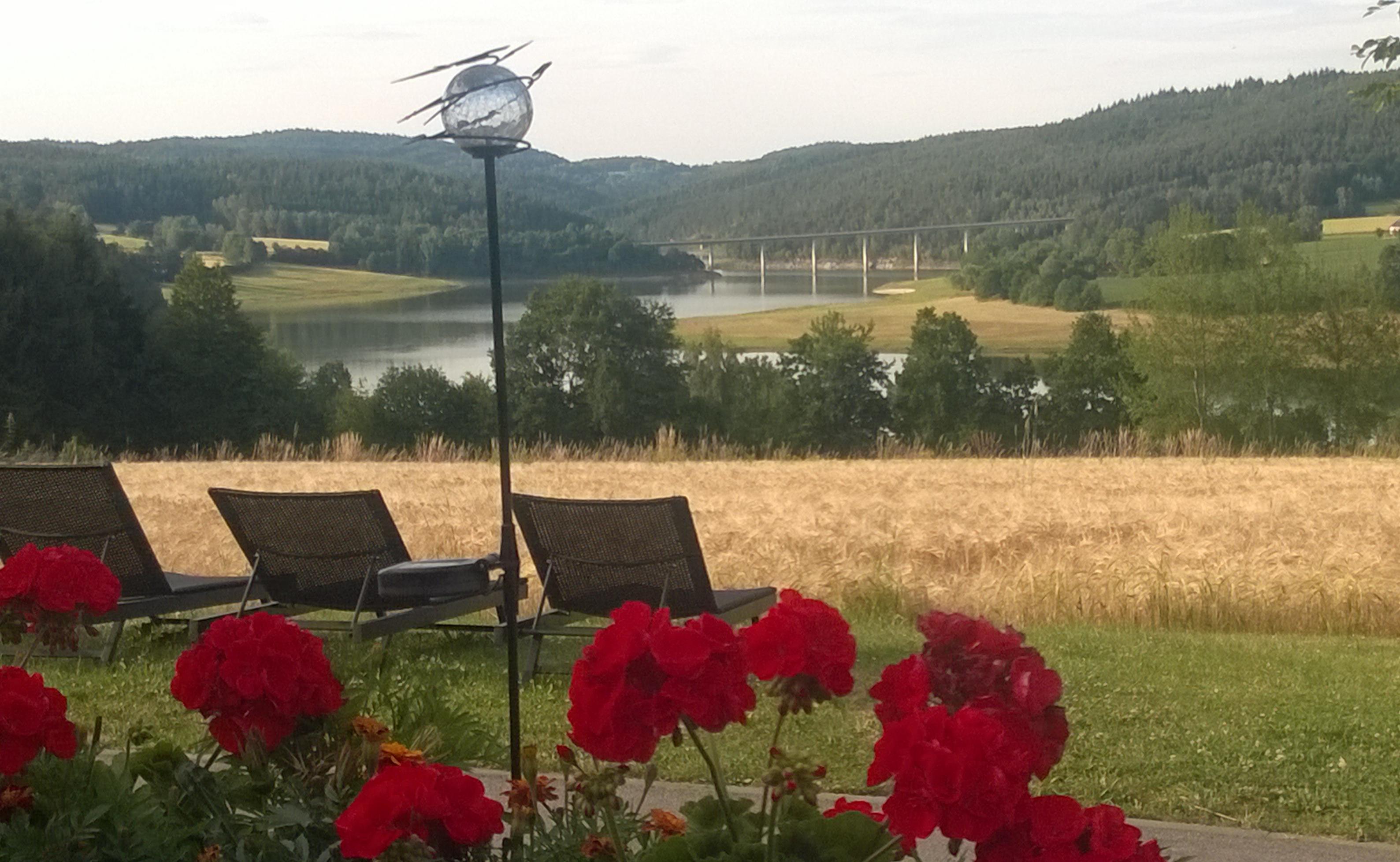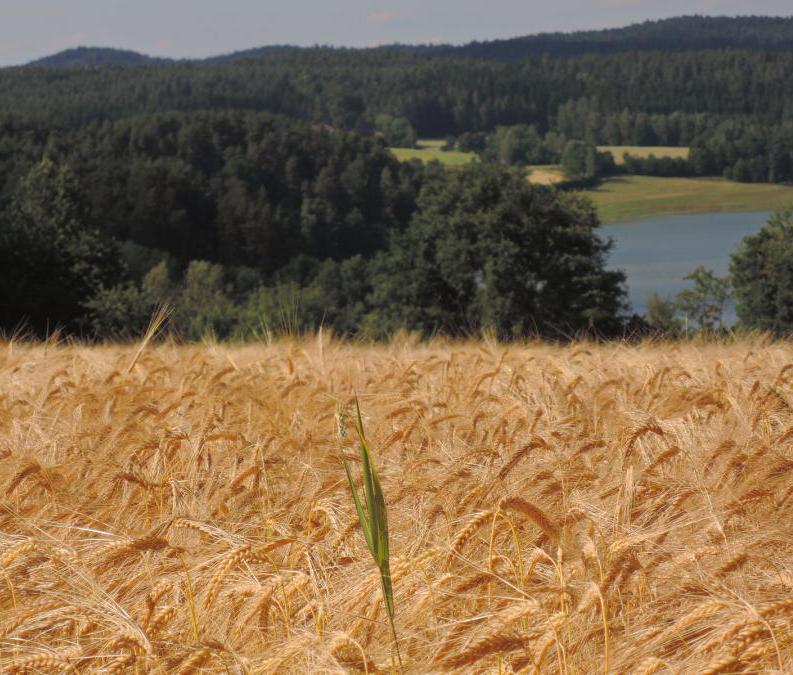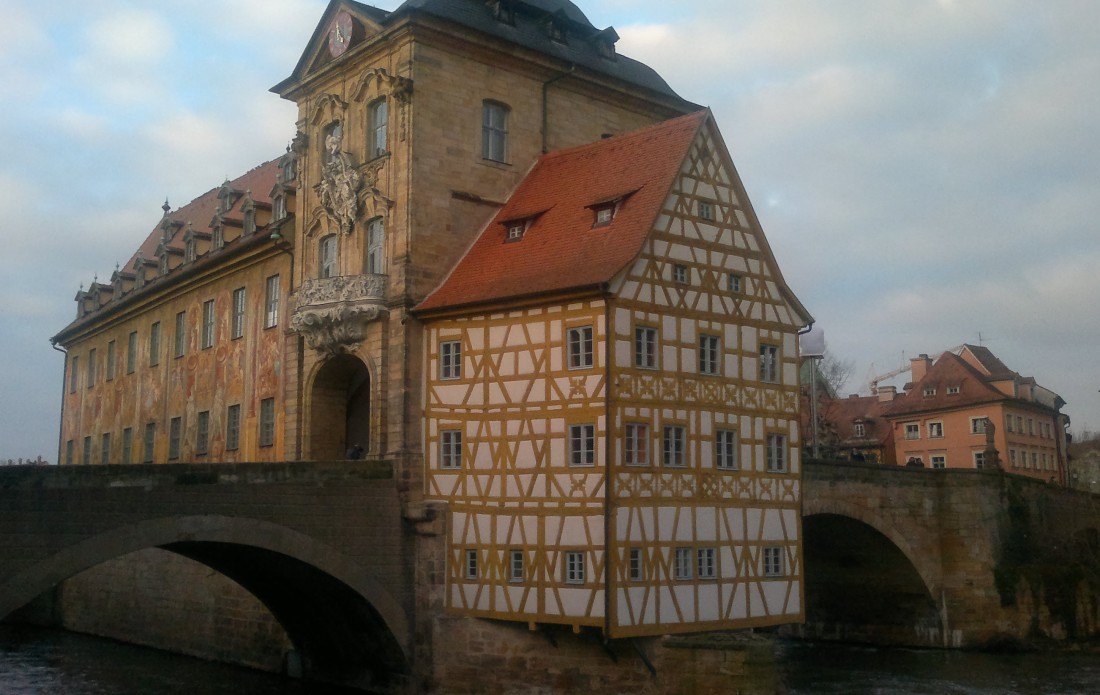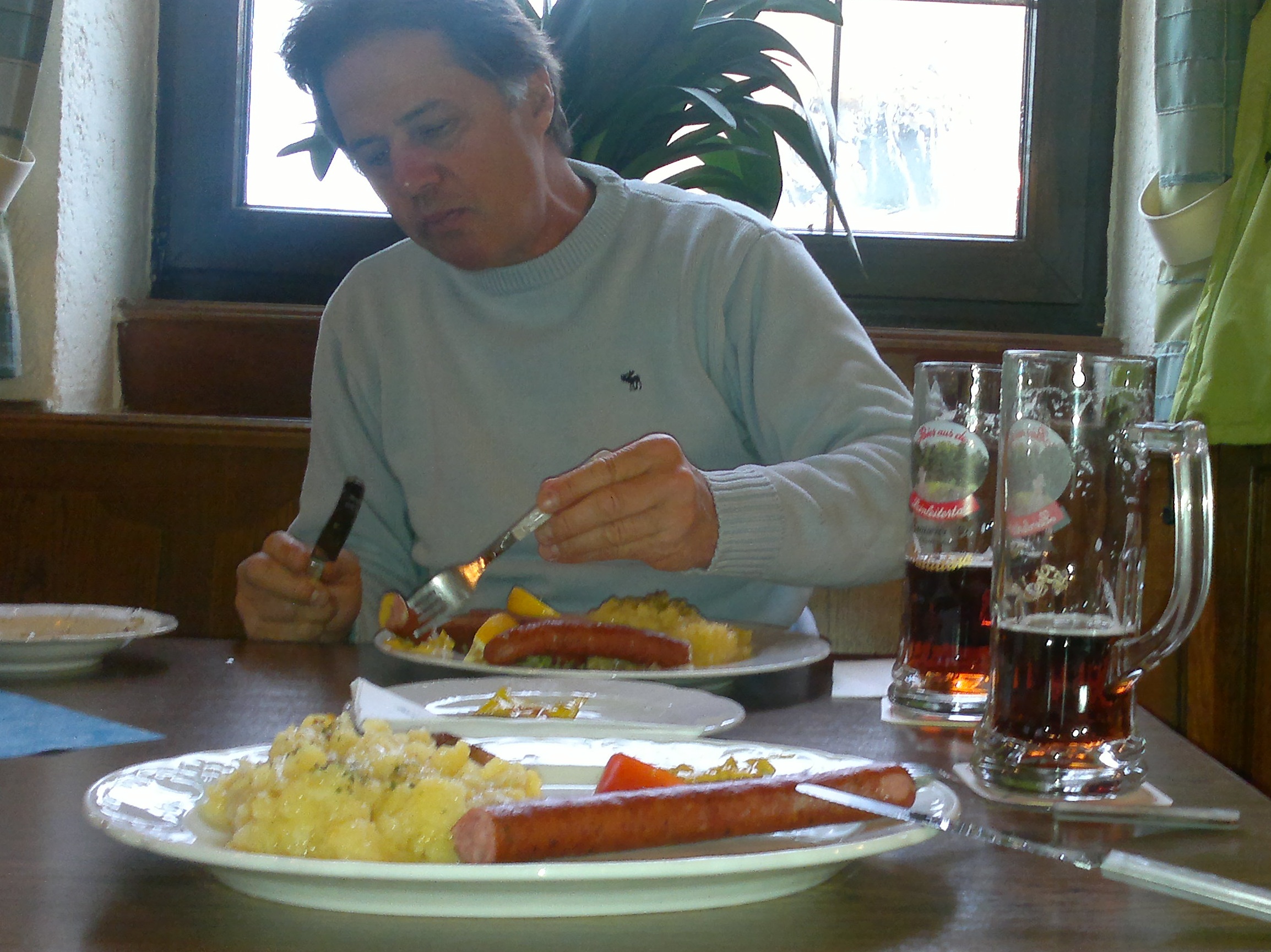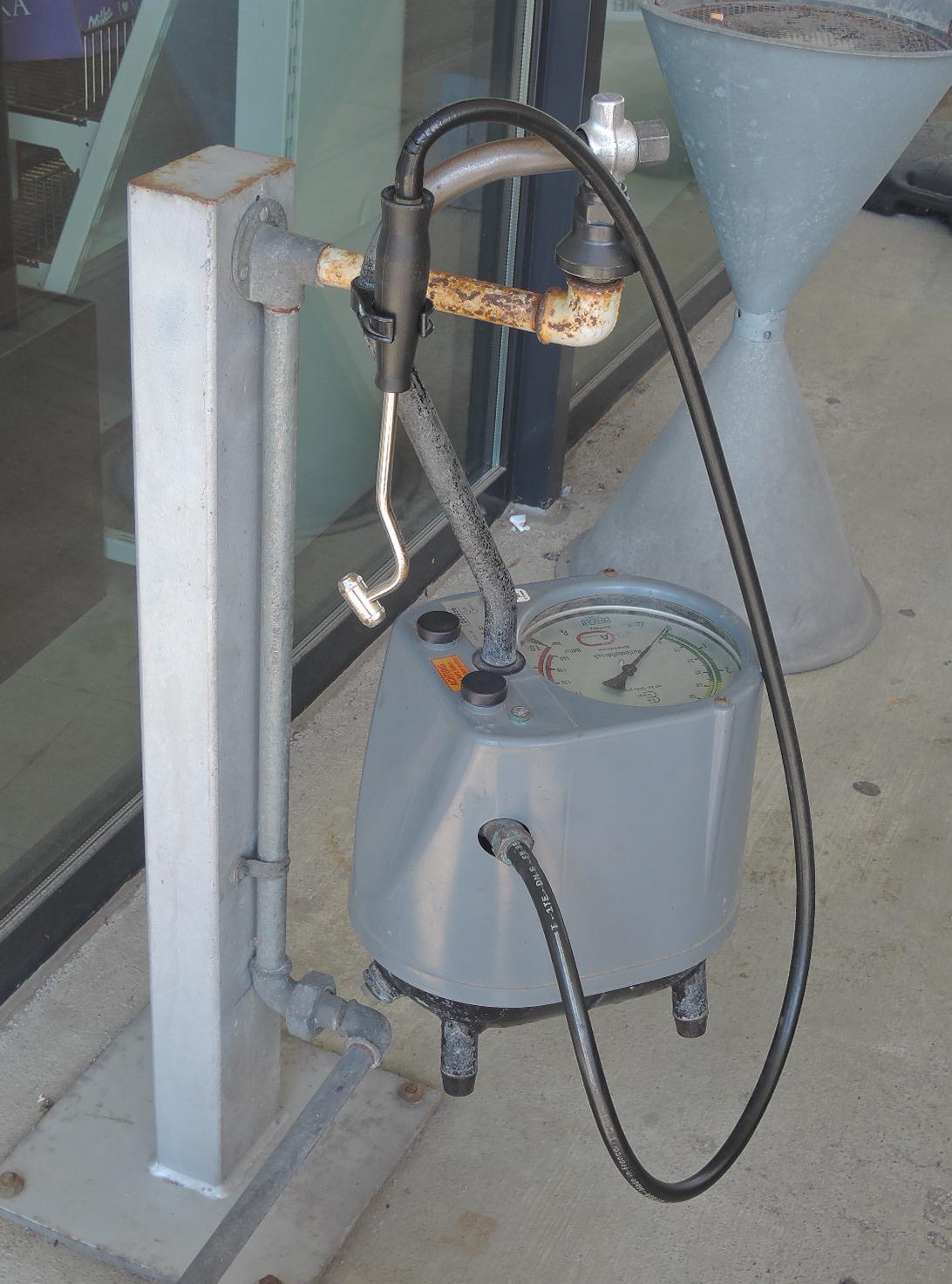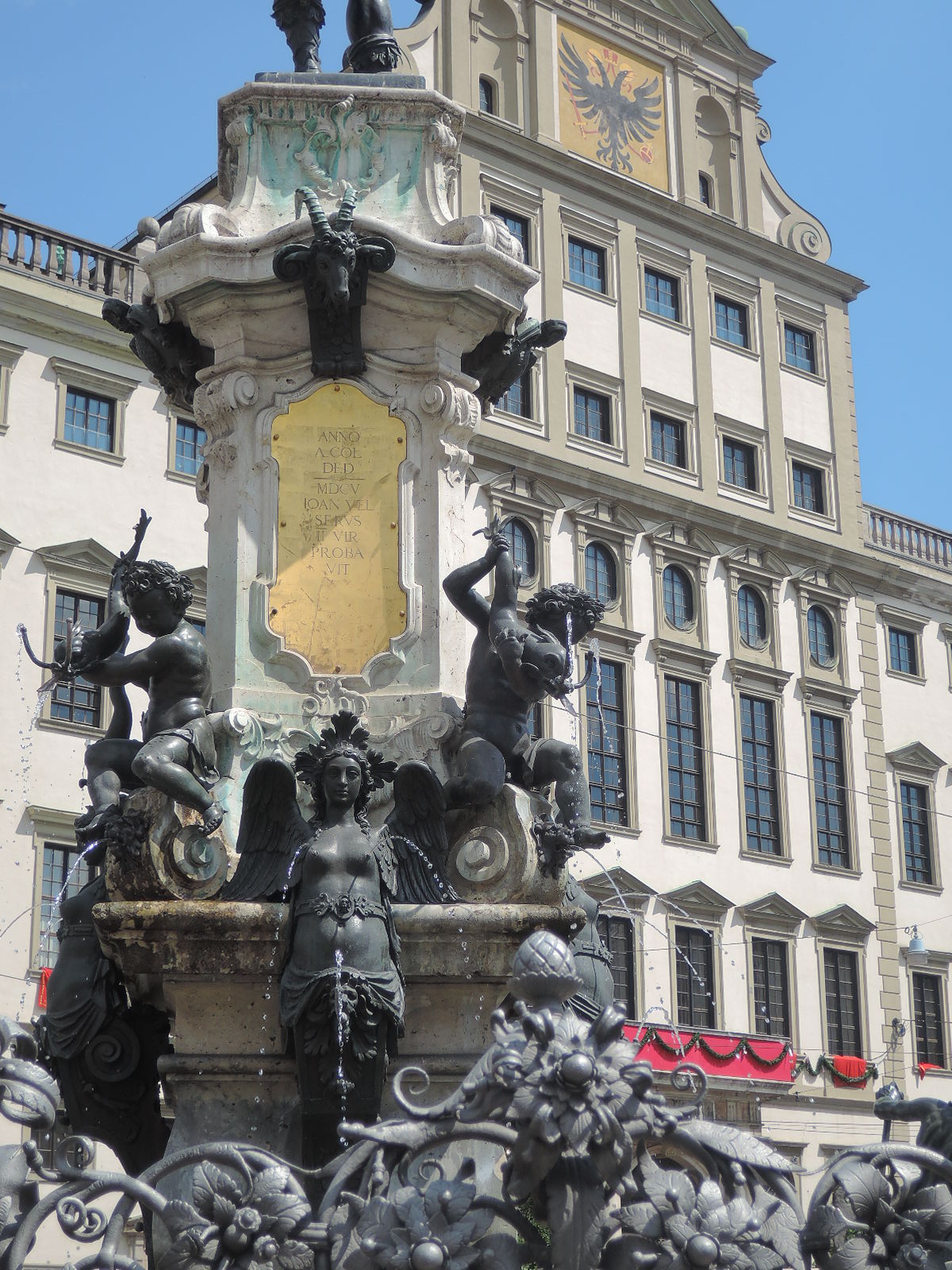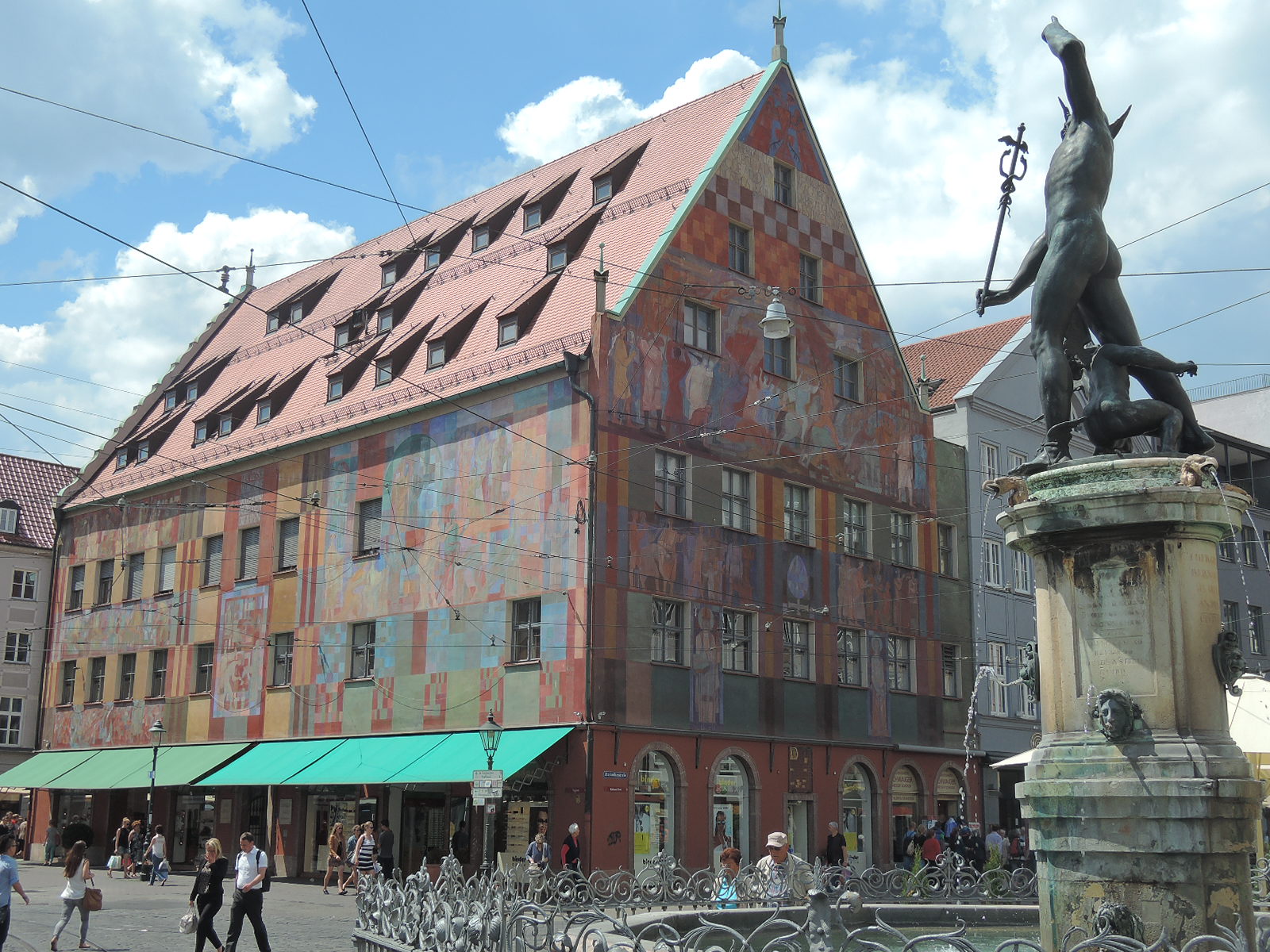Competition among the lines on the ferry route Helsinki-Tallin is big, schedules are flexible and sufficient, fares affordable. From my hotel in downtown Tallinn I headed the wharfs in time to catch an Eckerö ferry at noon, whose price is unbeatable: 35 € bike plus rider. Under a cloudless, bright blue sky, while waiting to embark I chatted for a while with the other bikers gathered by the loading bay. When we were given green light, we rode our motorcycles to the designated place within the hold and fastened them there with the lashes, so they don’t fall down when and if the ship tilts. Not having used them before, I had to ask one of the workers around to show me how, as it’s not so straightforward.
The atmosphere on the upper decks was that of merryment and holiday so typical on board of cruises, all full of passengers on light summer clothings. Women seized the chance for showing off bosom or legs, men for blowing their macho trumpets; everyone in their roles, humankind never changes no matter what. I played the lonesome veteran traveler. I had lost track of the other bikers and, leaning on the gunwale over the stern winches, I watched the casting off while recalling my far-off, almost forgotten times as a seaman.
During the trip I came to think over this alleged bikers’ fellowship. Reputedly, bikers wave at each other on the road, help one another, clique togeter and provide support among themselves, linked by a common liking. This, however, is partly a myth. True, we wave at other bikers en route (often quite apathically, by the way) and, in case of breakdown or trouble, we help each other perhaps more often than other drivers do; but as regards to brotherhood and fellowship — that’s quite another thing. And this is not critiicsm; but actually, why should we have more in common than with anyone else? Riding a motorcycle binds us so much as having a cat would do, namely very little. And one can see this clearly when it comes to meeting other bikers by coincidence at a restaurant, a rest area or –for instance– at the ferry queue: at least in my experience, most of the times I don’t see us fraternising a lot. We usually greet each other –sometimes not even that– or engage in some brief, polite small talk, then everybody minds their own businesses. And, though some closer and longer touches do certainly happen — or even a long lasting friendship — this is rather the exception than the rule.
This said, one of those exceptions precisely took place this time. The ferry was already berthing, only two hours after departure, at Hietalahti’s quay in Helsinki; and as I was unleashing Rosaura, a slender Finn by the name of Andrej, tall as a totem pole, came up by me and invited me to join him and a friend to a briefing they would hold at one of the city’s beaches for interchanging information regarding routes and roads; and, not having other curtailing plans, I willingly accepted.
Not minding at all where we were going, I rode behind Andrej along Helsinki streets to a beach so busy it shocked me, because –being a Mediterranean– I didn’t expect many people would enjoy a bath in the cold Baltic waters; however, truth is that Scandinavians — the only Europeans pleased with global warming — take advantage of every sunny hour they can catch like if it were their last. While we waited for Johannes, a Belgian who was on tour to Murmansk (Russia), the northernmost city in the globe, Andrej told me he himself was returning home to Vaasa after a trip around Europe. Then, when his friend arrived, they unfolded their maps (I only had my GPS) on the sandy ground in the pinetrees shade and Andrej gave us some advice and hints about regions and routes in Finland, from the Baltic to Lapland, that I took down just in case I could benefit from his suggestions.
For the rest, we met there and there we parted, because each of us was heading for a different course: Andrej to the northwest for reaching that very day his home in Vaasa, Johannes northeast aiming the Russian border, and I to the north, towards Tampere, a city that years ago had been very dear and meaningful to me; so, once the meeting came to an end, we wrote each other’s emails, took the inevitable shot, and bid farewell.
I had nothing else to do in Helsinki, a capital with which my only bonds are a few memories from icy winter days, some decades ago; so, without further ceremonies I run away from the metropolis taking the first byroad I could find beyond the industrial belt. As soon as I saw myself rolling across the thick woods of the land of thousand lakes, I felt at home.
.

